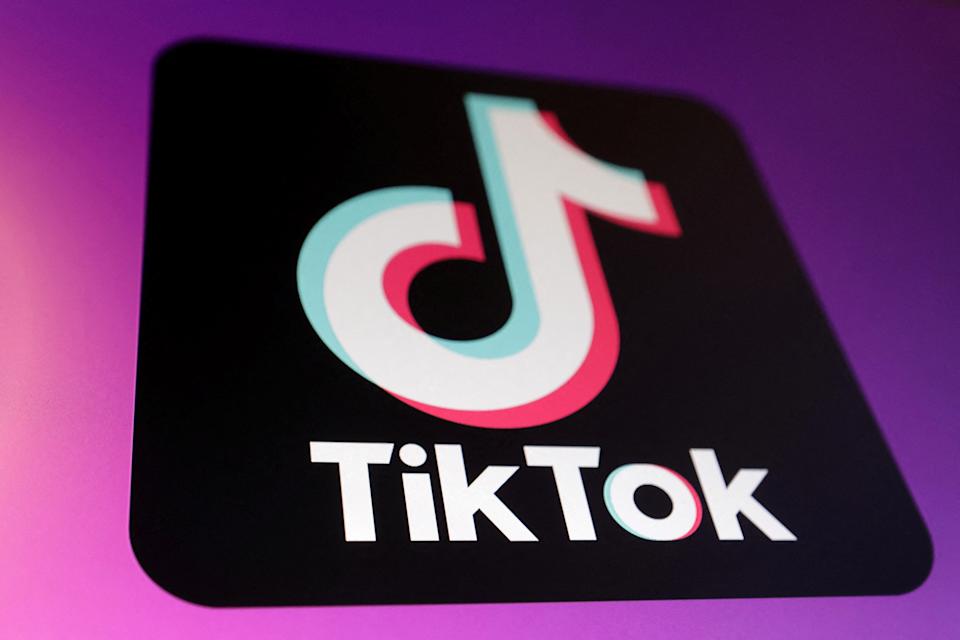RWA.sale Issues Tokenized Invoices Protocols: A New Era in Financial Transactions

The advent of blockchain technology has significantly transformed various sectors, including finance, by introducing innovative solutions to traditional problems. Among these innovations is the concept of tokenized invoices, a mechanism that RWA.sale has recently embraced to revolutionize invoice financing through blockchain protocols.
Tokenized invoices represent a digital evolution in the management and processing of invoices, leveraging blockchain’s transparency, security, and efficiency. RWA.sale, a pioneer in the field, has developed protocols that aim to streamline the invoicing process, providing a robust alternative to conventional methods.
Understanding Tokenized Invoices
Tokenization involves converting rights to an asset into a digital token on a blockchain. In the context of invoices, tokenization allows invoices to be represented as digital assets, which can be bought, sold, and traded on blockchain platforms. This process enhances liquidity and provides new opportunities for investors and companies looking to manage their cash flows more effectively.
RWA.sale’s protocols enable businesses to issue tokenized invoices, which are then recorded on a secure and immutable blockchain ledger. This ensures that all transactions are transparent and verifiable, reducing the risk of fraud and enhancing trust among stakeholders.
Global Context and Implications
The adoption of tokenized invoices is gaining traction globally, driven by the need for more efficient financial solutions. Traditional invoice financing often involves lengthy processes and high costs, which can be prohibitive for small and medium-sized enterprises (SMEs). Tokenized invoices offer a compelling alternative by providing faster access to capital and reducing administrative burdens.
Countries with advanced fintech ecosystems, such as Singapore, Switzerland, and the United States, are at the forefront of exploring and implementing blockchain solutions in finance. These nations recognize the potential of tokenized invoices to enhance financial inclusivity and stimulate economic growth by supporting SMEs and startups.
The Benefits of RWA.sale’s Tokenized Invoices
RWA.sale’s tokenized invoice protocols offer multiple advantages:
- Enhanced Liquidity: By transforming invoices into tradable digital assets, businesses can access capital more quickly, improving cash flow and operational efficiency.
- Transparency and Security: Blockchain technology provides a transparent and tamper-proof record of all transactions, reducing the risk of fraud and enhancing trust among parties involved.
- Cost Efficiency: The automation and simplification of the invoicing process reduce the time and resources required compared to traditional methods.
- Global Reach: The digital nature of tokenized invoices allows for cross-border transactions, opening new markets and opportunities for businesses worldwide.
Technical Aspects and Implementation
RWA.sale’s protocols are built on robust blockchain platforms, employing smart contracts to automate the issuance and management of tokenized invoices. Smart contracts ensure that terms and conditions are automatically enforced, reducing the need for intermediaries and minimizing the potential for disputes.
The implementation of these protocols involves several key steps:
- Invoice Digitization: The initial step involves converting traditional invoices into digital format, which is then tokenized on the blockchain.
- Smart Contract Integration: Smart contracts are developed to manage the lifecycle of the tokenized invoices, including issuance, trading, and settlement.
- Platform Deployment: RWA.sale deploys the tokenized invoices on its blockchain platform, making them available for trading and investment.
- Stakeholder Engagement: Businesses, investors, and other stakeholders engage with the platform to buy, sell, and trade tokenized invoices, facilitated by RWA.sale’s user-friendly interface.
Challenges and Future Outlook
While the benefits of tokenized invoices are clear, challenges remain. Regulatory compliance is a significant concern, as different jurisdictions have varying rules governing digital assets and blockchain technology. RWA.sale and other industry players must navigate these complexities to ensure legal and regulatory adherence.
Moreover, the adoption of tokenized invoices requires a shift in mindset among traditional financial institutions and businesses. Education and awareness are crucial to overcoming resistance and fostering widespread acceptance of this innovative solution.
Looking ahead, the future of tokenized invoices appears promising. As blockchain technology continues to mature and gain acceptance, more businesses are expected to adopt these protocols, driven by the need for efficient, secure, and transparent financial solutions. RWA.sale is poised to lead this transformation, setting the standard for tokenized invoice protocols in the global financial landscape.















